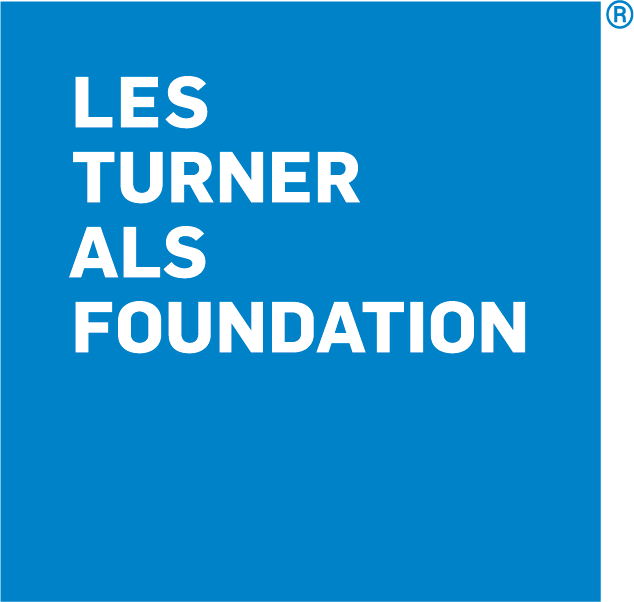Foundation representatives Wendy Abrams, Executive Director, and Shari Diamond, RN, Director of Patient Services, were invited to attend the Agency for Toxic Substances and Disease Registry (ATSDR) Annual Surveillance Meeting to hear the first report on the National ALS Registry results and to share best practices with other ALS organizations on how to promote the registry.
The report represents the first ever population based estimate of the number of people living with ALS in the United States and includes information collected during the ALS Registry’s first year of operation, from October 2010 to December, 2011. Paul Mehta, MD, and Vinicius Antao, MD, PhD, reported on the data. Below are some of the key findings (read the full report here):
- The ALS Registry identified 12,187 people living with ALS in the United States, which means about four people out of ever 100,000 are living with ALS;
- ALS is more common among males, whites, non-Hispanics and people aged 60-69;
- White men and women are about twice as likely to develop the disease as black men and women; and
- ALS is more common in men than women, with a ratio of men to women of 1.56
The Les Turner ALS Foundation was recognized as a non-profit partner of the ATSDR and, along with representatives from the ALS Association and MDA, shared how it is promoting the National ALS Registry to persons with ALS (PALS) in the local communities it serves through clinics, support groups, home visits, print, web and social media.
ALS researchers working on ATSDR funded epidemiologic and environmental studies presented abstracts of their studies in progress. Presenters at this meeting included: Hiroshi Mitsumoto, MD; Eva Feldman, MD; Walter Bradley, MD; and Christopher Bradley, PhD.
The preliminary data collected from the Registry may provide a better understanding of ALS risk factors, both environmental and genetic. The ATSDR is expected to report further findings once analysis is complete. This information will provide the scientific community new insight in to what causes ALS and aid researchers in targeting treatments. The Foundation will continue to raise awareness on the importance of the ALS Registry and encourage PALS to register. Learn more about the ALS Registry.

